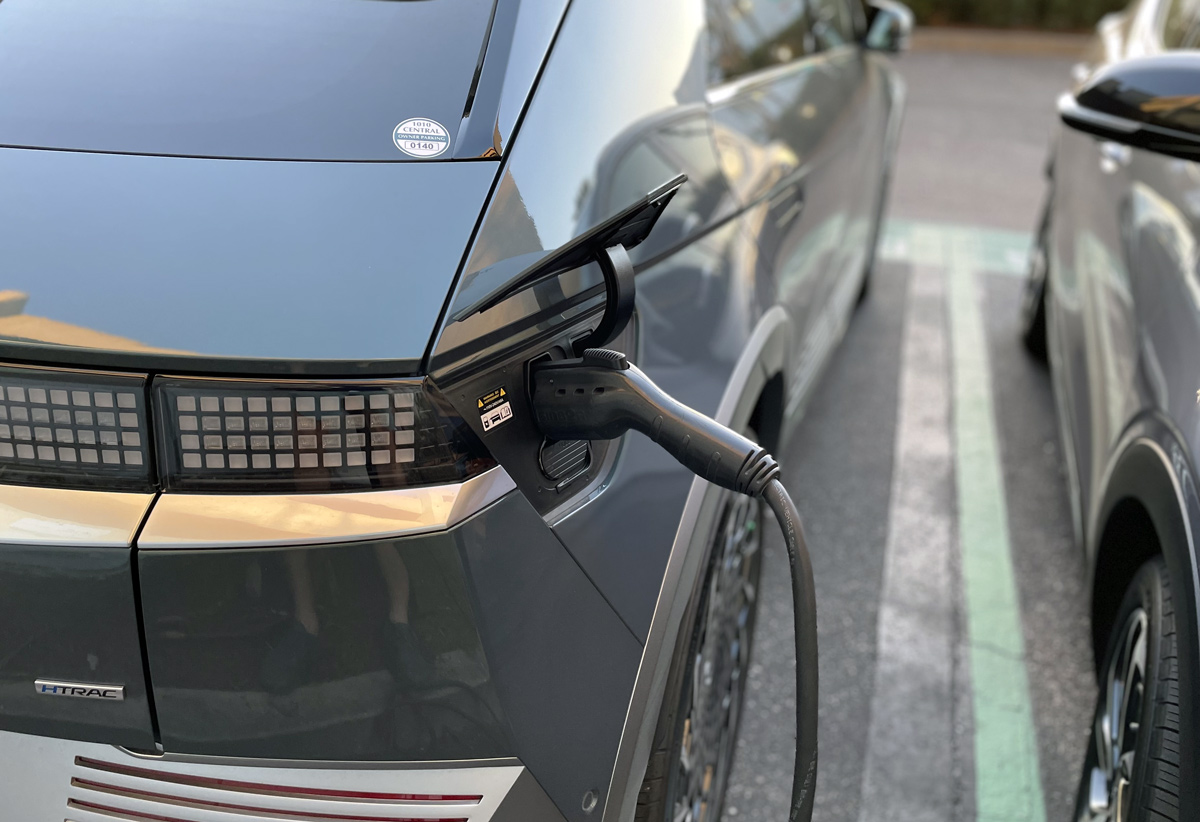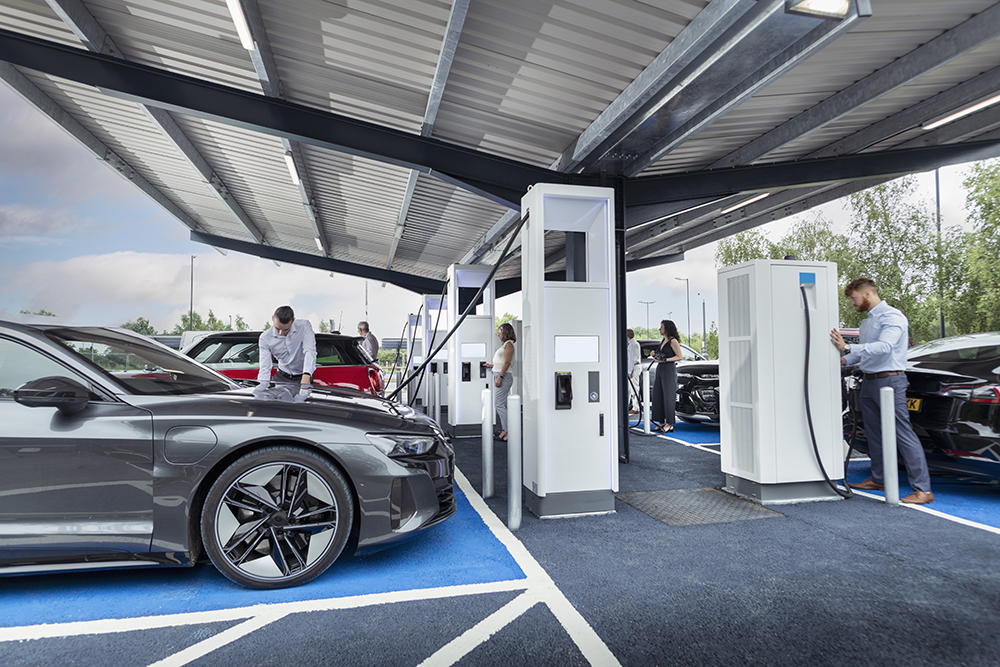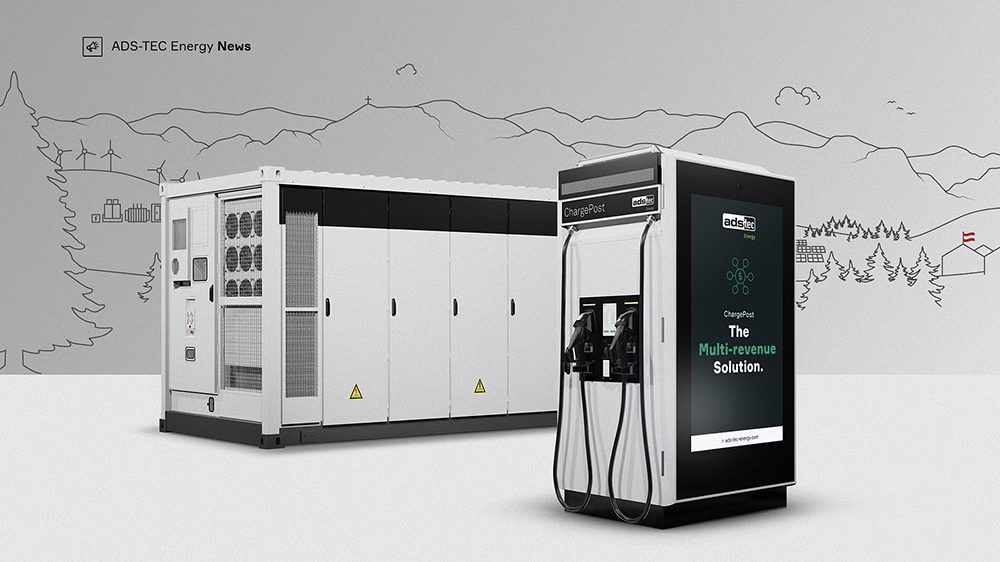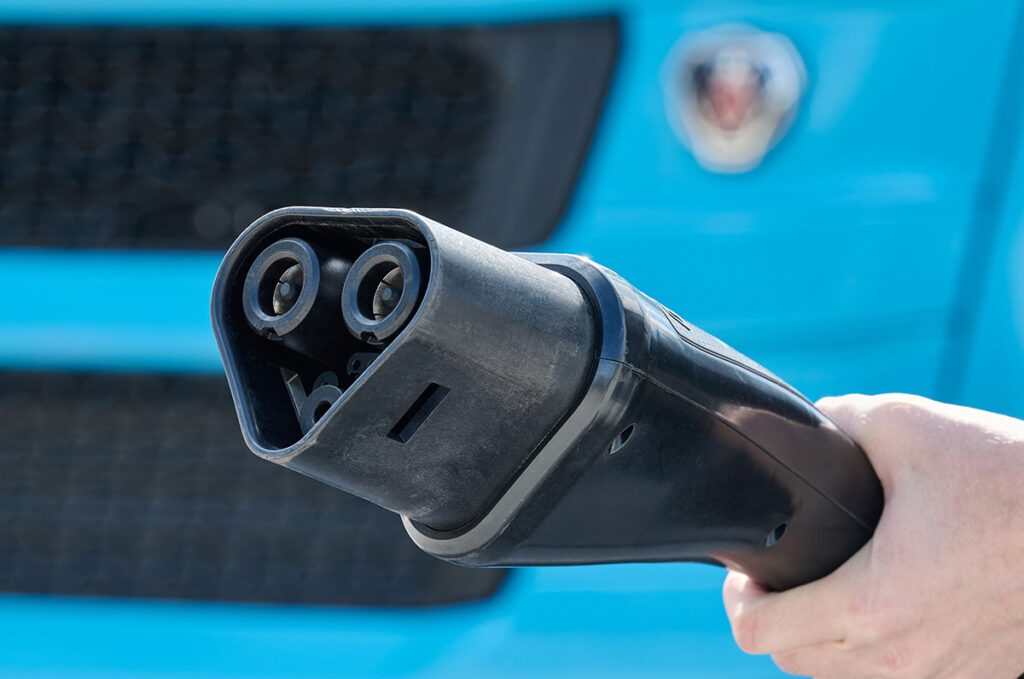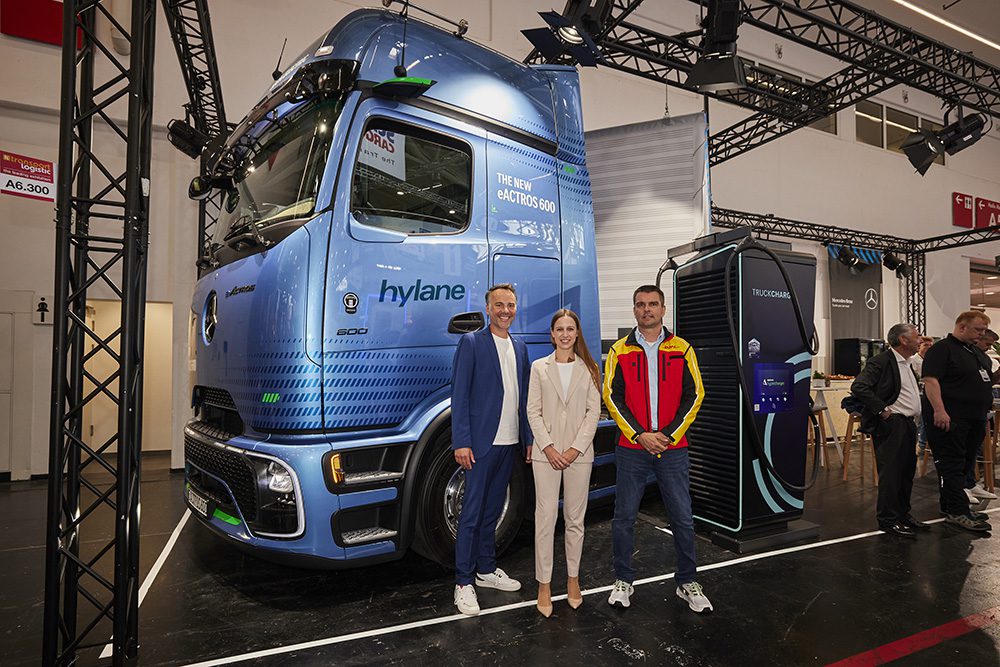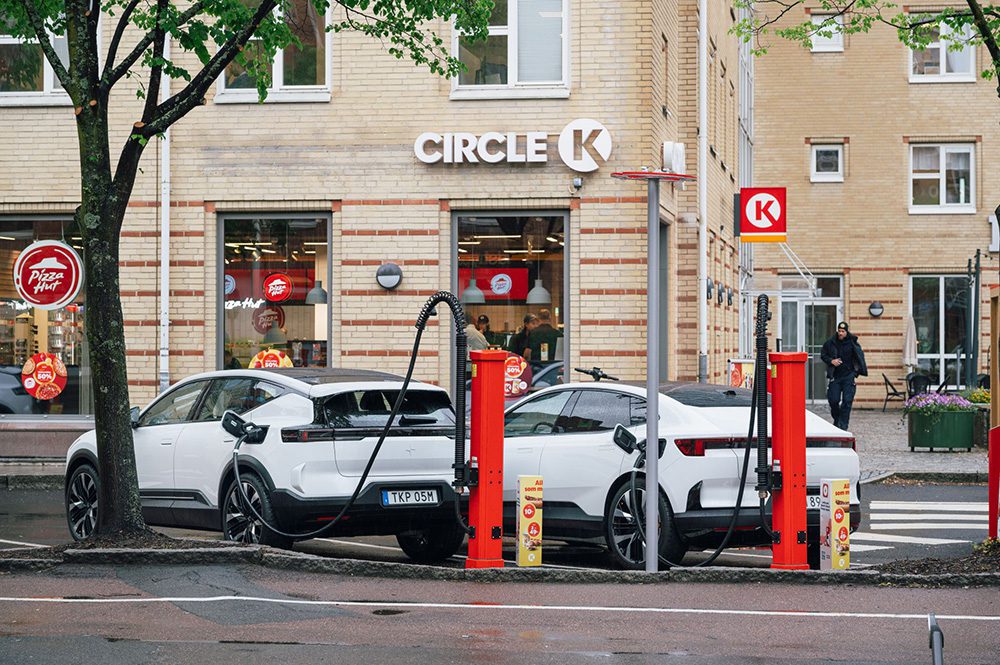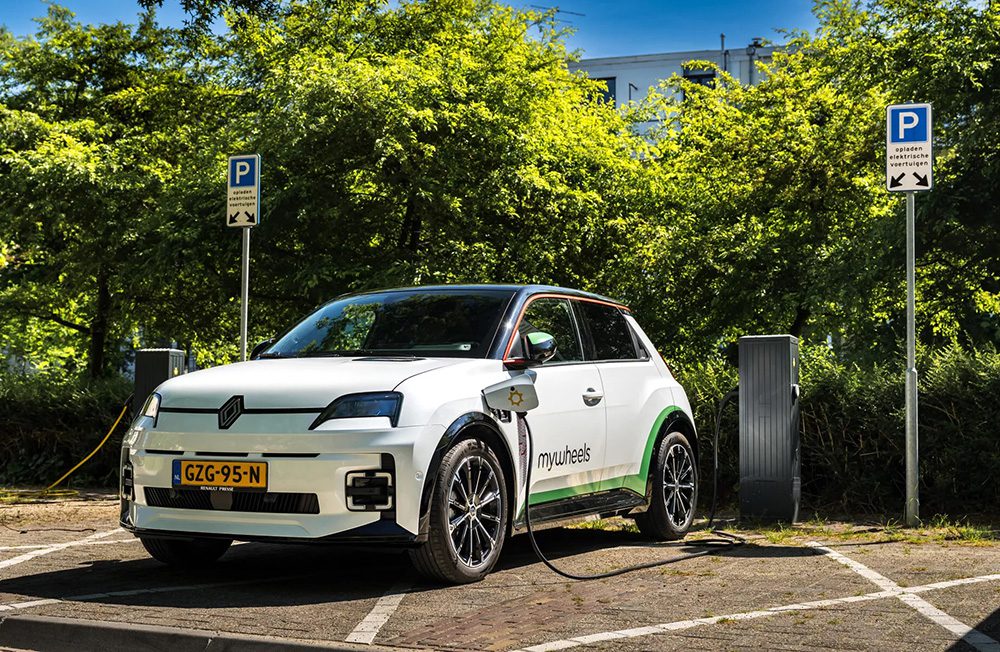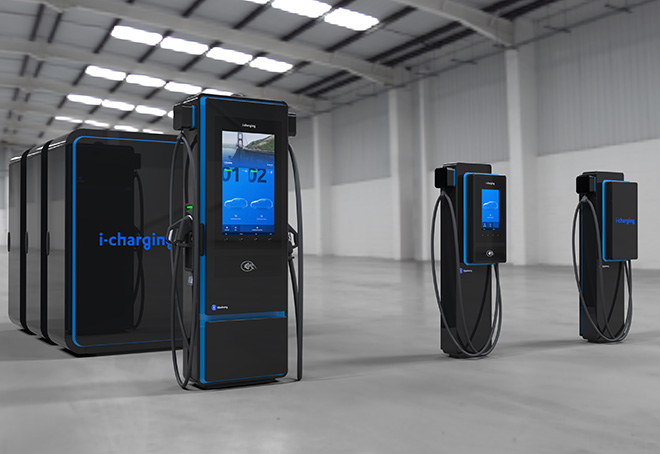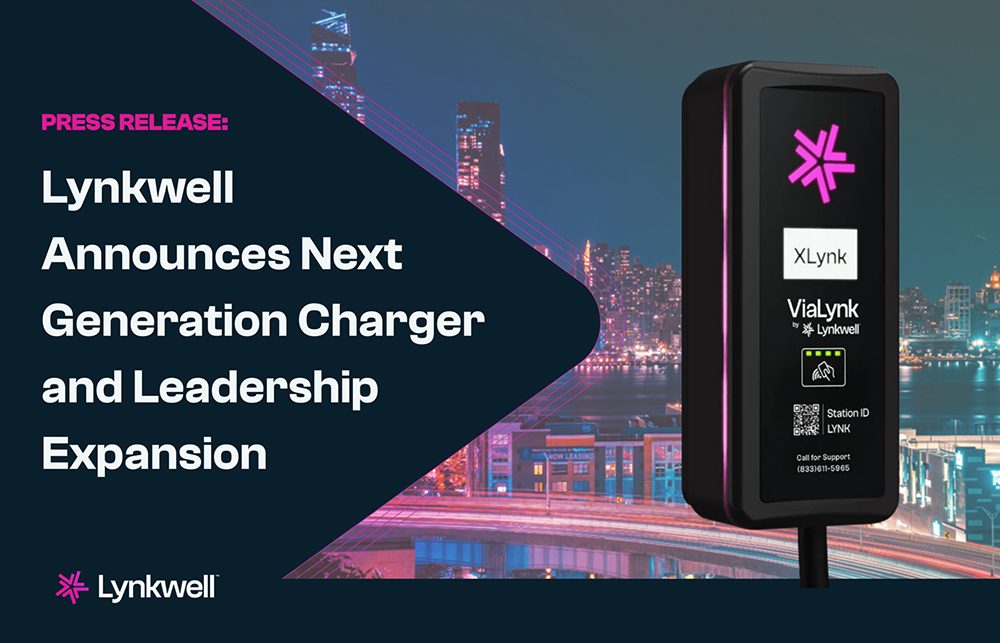The IRA and BIL are spurring a massive wave of investment in EV plants and EV charging infrastructure, and so far, the lion’s share of this investment is flowing to red states. Many industry observers expect the influx of cash and jobs to blunt opposition to EVs in red-state legislatures.
This equation doesn’t seem to apply in Kentucky, where two EV battery plants for Ford and an EV factory for Toyota are under construction. Governor Andy Beshear has called Kentucky “the electric vehicle battery production capital of the United States.” But this hasn’t stopped the state legislature from implementing an arcane new tax that will make it more expensive and complicated for a business or government agency to offer EV charging to the public.
Anyone who installs a publicly available EV charger, free or paid, including government entities such as cities, counties and libraries, must now quantify the amount of electricity dispensed from the charger—even if it has no separate meter—and pay a monthly usage tax to the state. The new tax applies retroactively, to any charging stations that were installed after July 1, 2022.
Republican State Senator Jimmy Higdon, Chairman of the Senate Transportation Committee, said the goal is to capture revenue for state road funding from EV drivers passing through Kentucky. “The legislative intent of what we did was to capture those out-of-state travelers and not the in-state,” he said.
Kentucky EV owners already pay an annual fee of $120 for each EV (in addition to the registration fee that applies to all vehicles).
Kentucky is one of seven states that separately tax the electricity consumed at public EV charging stations, according to the National Conference of State Legislatures.
Critics of the new tax say it will discourage the installation of free EV charging stations, which are more likely to be used by Kentucky EV drivers, who will now be double-taxed for driving electric.
The problem with Kentucky’s new electricity tax isn’t the cost, Mike Proctor, a board member of EV owners’ group EvolveKY, told local TV station WDRB. Hosts of Level 2 chargers will owe about 21 cents in tax for every hour that an EV is plugged in, he estimates, based on the tax rate of $0.03 per kWh.
The problem is the red tape involved with complying with the tax. Every public charging host will have to calculate the monthly usage, fill out a form, and remit payment to the state each month. Operators of highway fast charging stations, which tend to be larger firms, are equipped to do so, and will probably pass the additional costs on to their customers. However, owners of free Level 2 sites (which are extremely unlikely to be used by “out-of-state travelers”) may find the additional paperwork too burdensome to bother with.
“The biggest concern is that [providing public charging] is not going to bring in the revenue that makes it worth the expense, so you’re going to see people stop providing public chargers,” said Lane Boldman, Executive Director of the Kentucky Conservation Committee.
The Louisville metro area has some 60 free community chargers at churches, businesses and other neighborhood sites, thanks to the efforts of EvolveKY, which handles the installations. The community groups that sponsor these chargers typically pay $5,000 to $6,000 for the installation and about $50 to $75 a month in additional electricity charges, says Mike Proctor, adding that community chargers typically do not come with a separate electric meter. “We have been dealing with the most inexpensive [chargers] because if someone is trying to get a charger out in the community, we want to get it in as inexpensively as possible.”
Higdon, the chairman of the Senate transportation committee, said lawmakers did not intend to “double dip” by charging Kentuckians both the existing annual EV fee and the new tax. He told WDRB that he expects lawmakers to entertain “tweaks” to the policy when the legislature reconvenes in early 2024, and that he “certainly could support” exempting free chargers from the new tax.
Source: WDRB






